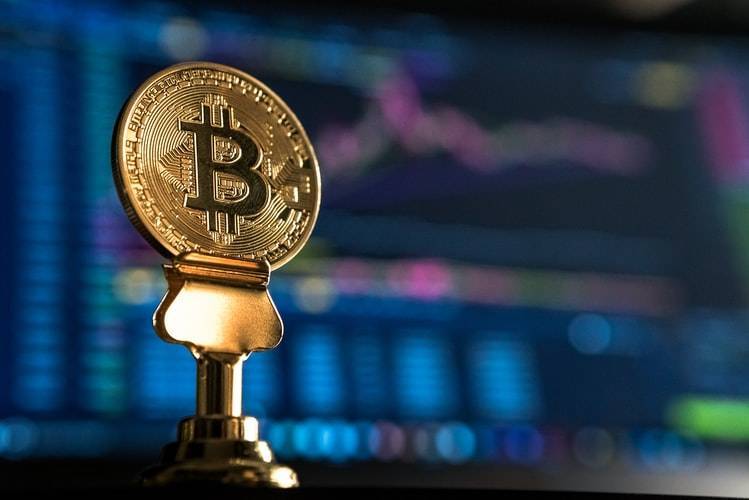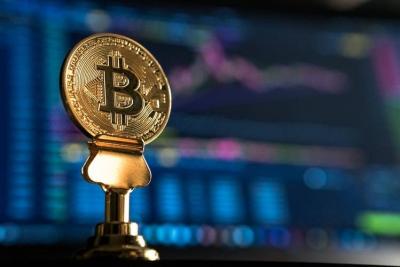El Salvador is looking to introduce legislation that will make it the first sovereign nation in the world to adopt Bitcoin as legal tender alongside the US dollar. This announcement came after a video was aired at the Bitcoin 2021 conference featuring El Salvador's President Nayib Bukele, discussing the country’s partnership with digital wallet company Strike to build modern financial infrastructure using Bitcoin technology. Bukele stated, "Next week I will send to Congress a bill that will make Bitcoin legal tender," according to CNBC, as reported by Al Arabiya.
Jack Mallers, the founder of the payment platform Strike, remarked, "The shift here is that Bitcoin is the largest reserve asset ever created and a superior monetary network. Holding Bitcoin provides a way to protect emerging economies from potential shocks caused by currency inflation." He added that this move will help unleash the power and potential of Bitcoin for everyday use cases on an open network beneficial to individuals, businesses, and public sector services.
Mallers explained that Strike has been tasked with designing the cryptocurrency infrastructure to assist El Salvador in adopting Bitcoin as legal tender. El Salvador's economy is largely cash-based, with about 70% of the population lacking bank accounts or credit cards. Remittances from overseas workers account for more than 20% of El Salvador's GDP.
Adam Back, CEO of Blockstream, stated that he plans to contribute technologies such as liquid infrastructure and satellites to make El Salvador a model for the world. He said, "We are excited to help El Salvador on its journey toward Bitcoin law adoption." El Salvador, located in Central America, primarily uses the US dollar as its official currency and retains its gold and foreign currency reserves at the US Federal Reserve. The country's GDP was approximately $54 billion in 2018, ranking it 101st globally according to International Monetary Fund data.




